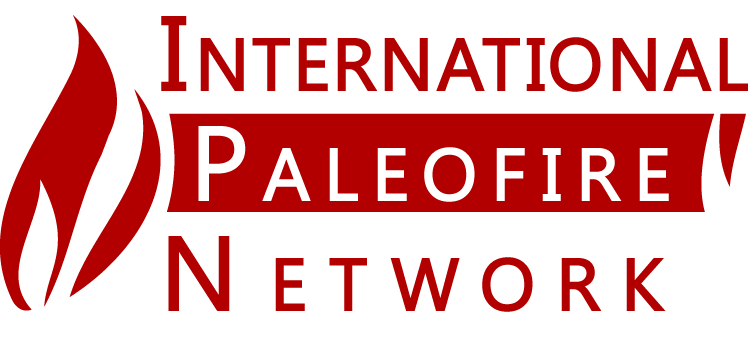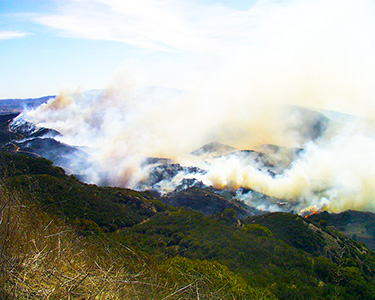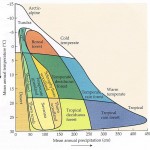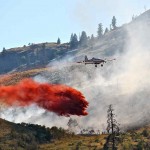The University of Bourgogne Franche-Comté (Eastern France) and the Chrono-environnement lab., in collaboration with the École Pratique des Hautes Études and l’Institut des Sciences de l’Évolution de Montpellier (Southern France), are seeking a highly motivated PhD candidate to conduct a thesis on “Holocene fire regimes quantification and modelling in Mediterranean ecosystems”.
Supervisors: B. Vannière (CNRS, Besançon, France) and C. Hély (EPHE, Montpellier, France).
Overview
Fire is a key ecological process affecting ecosystem dynamics and services. Since prehistoric times, deliberate burning, fire suppression and changes in fuel distribution associated with land-use practices have altered natural fire regimes. Thus, modern ecosystems reflect climate-vegetation-human linkages and their evolution through time. The long-term history of these interactions provides insights into ecosystem variability and resilience.
The ongoing climate change is likely to result in higher fire probabilities in many biodiversity hotspots, and it could lead to significant economic, ecological and aesthetic losses. The Mediterranean basin has been identified as an extremely vulnerable area, where future scenarios show increased fire activity and drought, possibly leading to local species extinction, and ecosystem transitions such as forest die-back. In spite of these threats and the long-term legacies of ecosystem dynamics, natural resource planning and conservation strategies are mostly based on shortterm observations of ecosystem dynamics.
This project aims to gain detailed understanding of the Mediterranean fire regime and ecology over the Holocene, providing a sound basis for risk assessment, and focusing on questions such as: How have climate and land use shaped fire regimes and ecosystems throughout the Holocene? How resilient are different vegetation types, certain species and ecosystem functioning to changes in climate and fire?
This project addresses these questions by linking existing and new data with models. It combines methods from paleoecology, paleoclimatology, geomorphology, archeology and vegetation-fire modeling. New datasets (sedimentary charcoal counting) from lake cores (Provence, Alpes Maritimes, Corse) and regional extrapolations will be first produced by the applicant who will then combine them with fine-scale fire models (BehavePlus and FlamMap3), a regional-scale dynamic vegetation-fire models (with the LPJ-GUESS-SPITFIRE model) and a fire-risk model (Fire Weather Index).
By cross-scale data-model comparisons, we expect to gain a realistic representation of fire and ecosystem dynamics over the Holocene and improve our understanding of the underlying mechanisms. We will also improve and test vegetation-fire models widely used in climate impact research and re-assess earlier projections of rather dramatic ecosystem shifts in the Mediterranean region. Our results will inform land management and nature conservation actions and policies.
Candidate profile
The candidate must possess an MSc degree in a relevant discipline, (e.g. geography, geology, biology or environmental sciences).
The candidate must:
1. Present excellent research capacities, read and write in English, aims to learn French language at least for daily life.
2. Be willing to participate in field work, production and statistical treatment of sedimentary charcoal analyses, modeling of fire and writing of scientific papers.
3. Be able to work in a multi-disciplinary and collaborative (laboratories/universities) context.
The student will be trained in paleosciences, ecology, statistics, and modeling activities. The applicant will spend equal time in both supervisor laboratories (first in Besançon and then in Montpellier).
Starting date
The position starts 1 October 2016.
Financial support
The selected candidate from the École Doctorale contest will be offered a scholarship of 20,200€/year (16,300€ excluding taxes) for three years based on a regional grant.
Deadline
Application deadline is 15 April 2016.
Contact
Interested candidates must submit a letter of motivation, their academic transcripts, as well as the contact information of two references to Dr. Boris Vannière boris.vanniere@univ-fcomte.fr, with the subject line: PhD project «Med.Fire.2016».



